The reason why Kotowo Estate was established in Poquet, Panama The charming Poquet region
For professional baristas, please follow the coffee workshop (Wechat official account cafe_style)
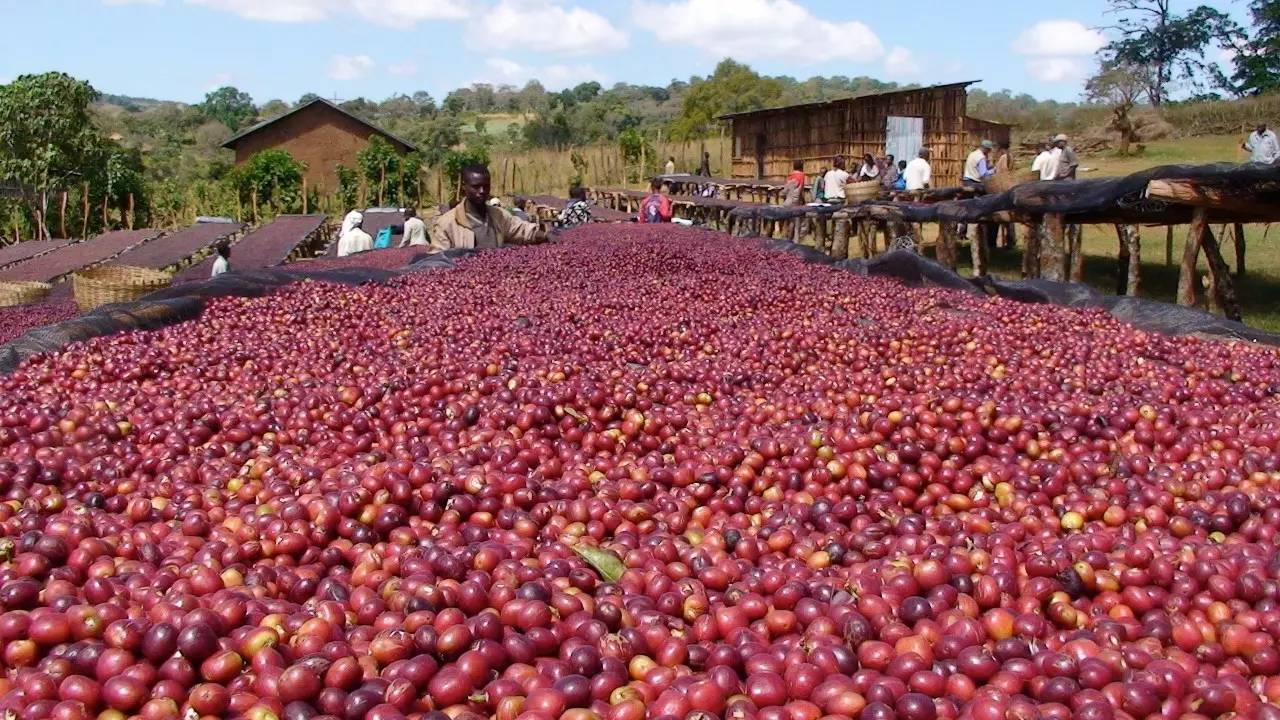
Basic information
Farm: Kotowa Manor
Species: geisha
Treatment: washing treatment
Altitude: 1700 m above sea level
Owner: Ricardo Koyner
Town / city: Boquete
Region: Chiriki
Kotowa Mandarina Geisha-Panama
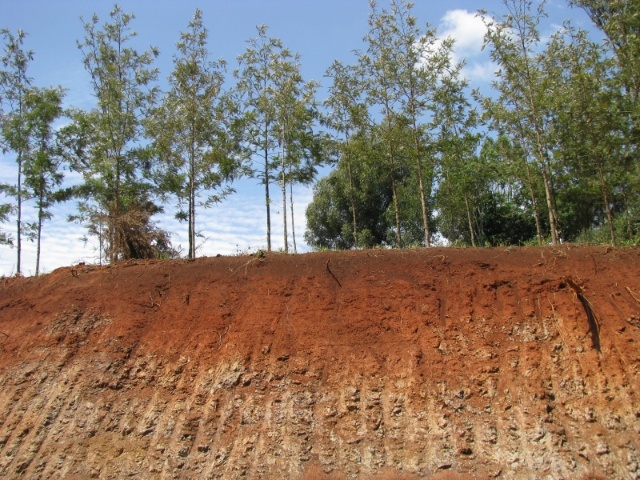
Kotowa Manor is named after Canadian Alexander Duncan McIntyre (Alexander Duncan MacIntyre), who settled in Boquete in 1918. Inspired by the cold and cool climate of the area, Kotawa, which means "mountain" in the local Ngobe language, specifies the land that currently makes up the Kotowa property.
Alexander read a newspaper article in Canada about a newspaper called Boquete, an undeveloped area of Panama on the hillside of a mysterious volcano. These stories captured his imagination and led him to visit the area, where he fell in love with the magic of the valley and the people. For more than four generations, Alexander's family is still growing and processing coffee in the same traditional way.
On the volcanic slope of the farm, you can see the Pacific Ocean in the distance, and on the other side is the continental divide between far and near. This area naturally has a perfect combination of climate, rain, wind, sunshine, clouds and temperature to produce a distinctive organic coffee.
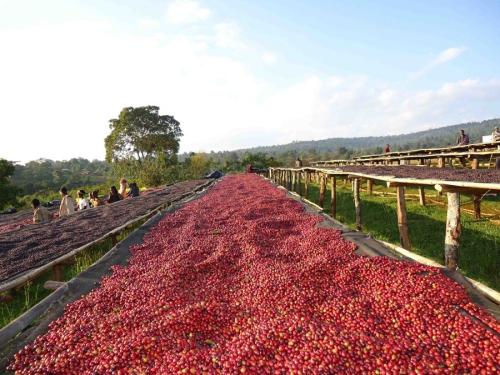
The production and processing of coffee take full account of environmental sustainability. The farm's "eco-mill" uses only 2 liters of biological coffee-far less than the 10-20 litres used by many other factories around the world. All by-products from milling activities, including pulp and waste water, are used to produce organic fertilizers for farm use.
During the harvest, the best ripe cherries are carefully selected by hand and then washed with clear water from the mountain spring. Modern grinding techniques can correctly select beans, and then use traditional methods to make and dry beans. Then, in the cool and dry climate of the farm, use an old, mild drying system to slowly dry the cherries.
Dried beans rest in a wooden silo for at least two months, a process that can develop a complete flavor. Then carefully separate and select the size, weight and color of the coffee before roasting. Each batch is brought up to make sure that only the best beans have the name Kotowa.
Our quality control is guaranteed by our traceability system. Each consignment we handle has an identification mark that contains detailed information about all harvesting and grinding activities.
The farm strives to protect the virgin forest around the plantation to ensure that there are no fires, hunting or environmental degradation during the dry season. The area is the natural habitat for many birds, both local and migratory. To ensure that this rich biodiversity continues to flourish, Kotova has planted more than 500 native trees that produce fruits and nuts for birds to raise. Because of its small geographical location and size, Panama has more bird species than North America and Europe.
For people who work on farms, they provide free medical services and a nursery for workers' children with two meals and a school program. These social projects have won the recognition of the United Nations Children's Fund "Cotova Farm" for the ninth year in a row.
Important Notice :
前街咖啡 FrontStreet Coffee has moved to new addredd:
FrontStreet Coffee Address: 315,Donghua East Road,GuangZhou
Tel:020 38364473
- Prev
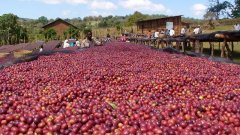
Poquet Cafelandia Manor in Panama introduces the processing of Rosa Coffee Bean
For the exchange of professional baristas, please follow the coffee workshop (Wechat official account cafe_style) basic information farm: Cafelandia manor variety: Pacamara Pacamara treatment: washing treatment altitude: 1450 to 1500 meters above sea level owner: Virginia Rojas De Pitty town / city: Boquete area: Chiriki Cafelandia Manor Boquete-
- Next
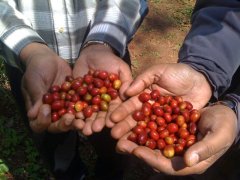
Roasting suggestions and Flavor changes of Sun-cured Coffee beans in Oberon Manor
For the exchange of professional baristas, please pay attention to the coffee workshop (Wechat official account cafe_style) Basiminas-Oberon manor sun beans Brazil is the world's largest coffee producer accounting for about 30% of coffee production, but because Brazil is located in the tropical rain forest, the terrain is relatively flat, there are few high-altitude mountain forests, most coffee is grown in low-altitude non-volcanic soil areas, and no
Related
- Does Rose Summer choose Blue, Green or Red? Detailed explanation of Rose Summer Coffee plots and Classification in Panamanian Jade Manor
- What is the difference between the origin, producing area, processing plant, cooperative and manor of coffee beans?
- How fine does the espresso powder fit? how to grind the espresso?
- Sca coffee roasting degree color card coffee roasting degree 8 roasting color values what do you mean?
- The practice of lattes: how to make lattes at home
- Introduction to Indonesian Fine Coffee beans-- Java Coffee producing area of Indonesian Arabica Coffee
- How much will the flavor of light and medium roasted rose summer be expressed? What baking level is rose summer suitable for?
- Introduction to the characteristics of washing, sun-drying or wet-planing coffee commonly used in Mantenin, Indonesia
- Price characteristics of Arabica Coffee Bean Starbucks introduction to Manning Coffee Bean Taste producing area Variety Manor
- What is the authentic Yega flavor? What are the flavor characteristics of the really excellent Yejasuffi coffee beans?

